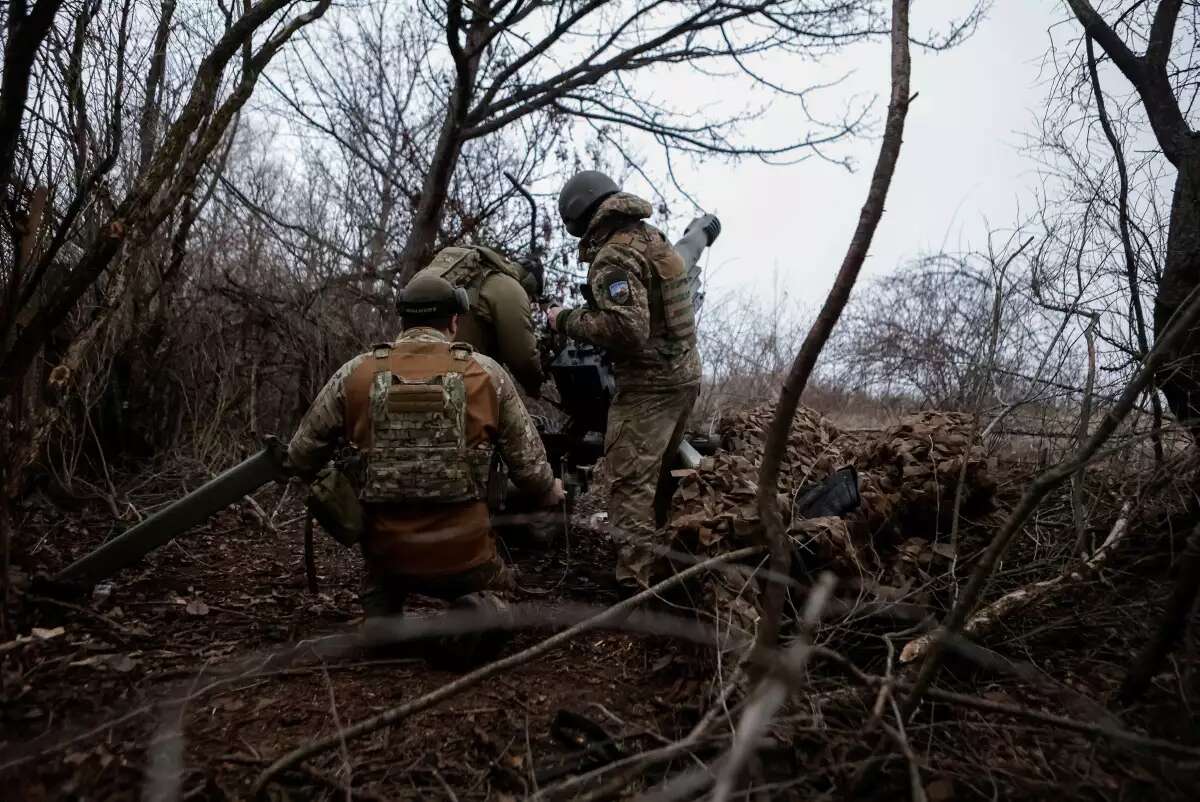One day after Russian President Vladimir Putin announced a one-day ceasefire for Easter, and as negotiations to end the war remain stalled, residents of Kyiv and eastern Ukraine awoke in the early hours of Monday to air raid alerts, Reuters reports.
According to Ukrainian officials, there were no immediate reports of casualties or significant damage from the renewed Russian attacks, which involved missile and drone strikes.

Throughout Sunday, Kyiv and Moscow accused one another of breaking the ceasefire, which the Kremlin said would not be extended. On Saturday, just three hours after the truce began, air raid sirens sounded in Kyiv.
In Washington, officials said they would welcome an extension of the ceasefire. Ukrainian President Volodymyr Zelenskyy reiterated several times that Ukraine was prepared to suspend strikes for 30 days. However, Putin, who launched the invasion of Ukraine more than three years ago, did not extend the order halting military operations.

"There were no additional orders," the Russian news agency TASS quoted Kremlin spokesman Dmitry Peskov as saying when asked whether the ceasefire might be extended.
According to reports from the Ukrainian Air Force, Kyiv and central parts of the country were on high alert for about an hour, but no direct strikes were reported in the capital.
Officials also noted that the port city of Mykolaiv was targeted by Russian missiles, though there were no immediate reports of damage.
Air raid alerts also sounded for two hours overnight in Russia's Voronezh region, which borders Ukraine. The border areas of Kursk and parts of Belgorod were also briefly under missile threat.
Despite the absence of air raid sirens during the truce itself, Ukrainian forces reported nearly 3,000 violations by Russia, with the heaviest attacks and shelling occurring in the Pokrovsk area of the front, according to Zelenskyy.
In contrast, Russia's Defense Ministry claimed Ukrainian forces fired on Russian positions 444 times and faced over 900 drone attacks, resulting in civilian casualties and injuries.

US President Donald Trump expressed cautious optimism, saying he "hopes both sides will sign an agreement to end the conflict this week."
His remarks appeared to contradict earlier statements made by both Trump and his Secretary of State Marco Rubio, who had said that "the United States will step back from peace efforts unless there are clear signs of progress soon."




